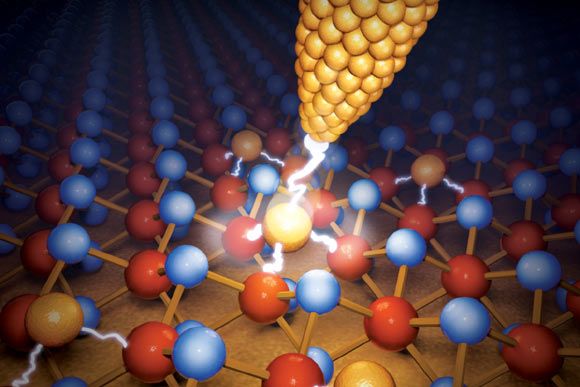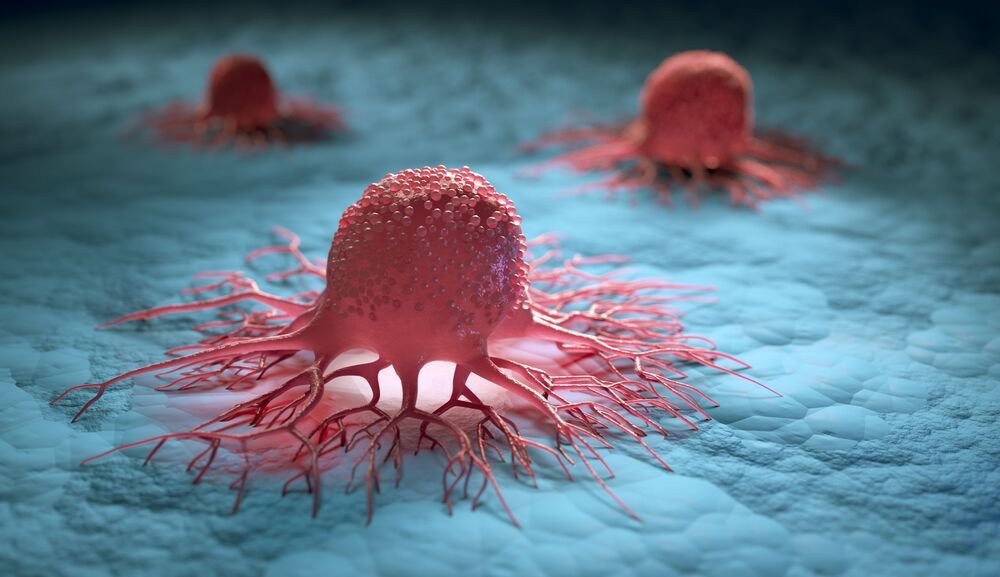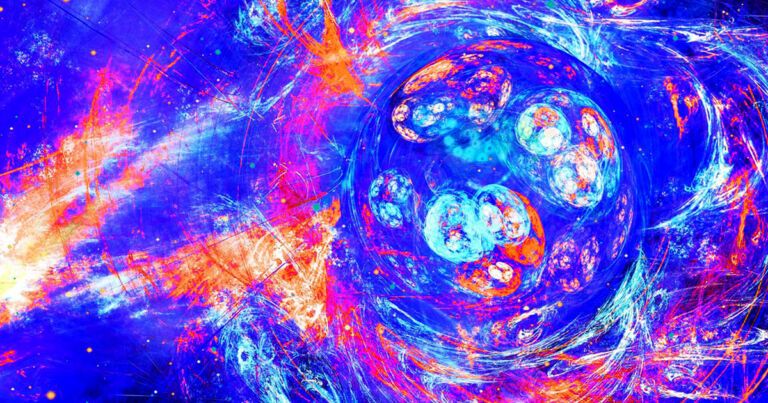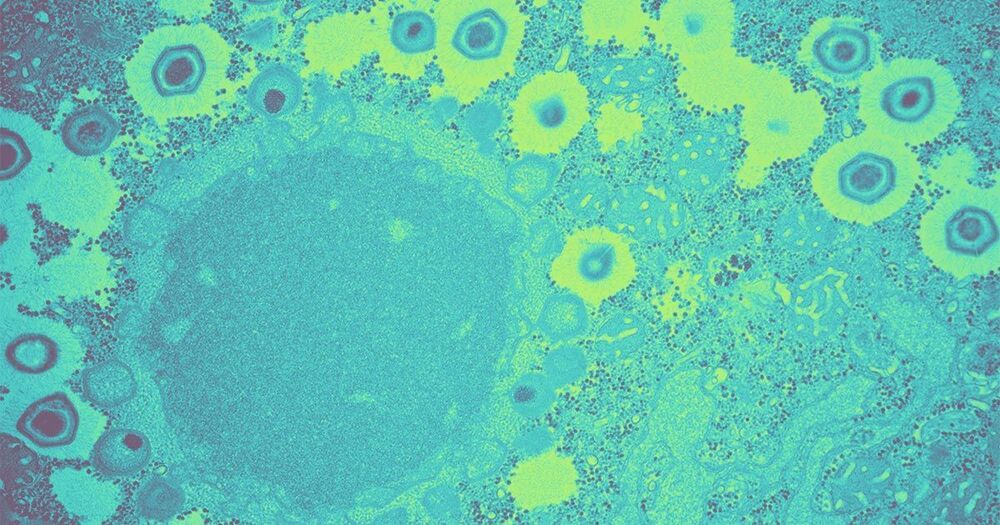Might interest some as it mentions telomeres.
The historic NASA Twins Study investigated identical twin astronauts Scott and Mark Kelly and provided new information on the health effects of spending time in space.
Colorado State University Professor Susan Bailey was one of more than 80 scientists across 12 universities who conducted research on the textbook experiment; Mark remained on Earth while Scott orbited high above for nearly one year. The massive effort was coordinated by NASA’s Human Research Program.
Bailey has continued her NASA research and now joins more than 200 investigators from dozens of academic, government, aerospace and industry groups to publish a package of 30 scientific papers in five Cell Press journals on Nov. 25.







